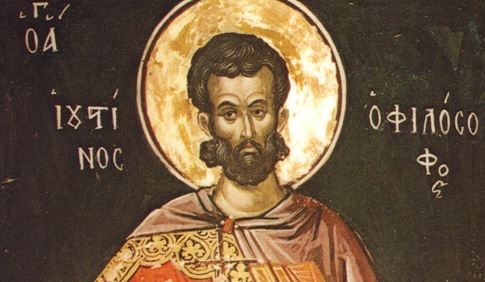by Russell Shaw
The persecution of the Catholic Church and other morally conservative religious bodies has begun in the United States. As predicted, it isn’t—thank God—bloody persecution like the persecution of Christians in many countries. But it’s real persecution, and likely to get worse. This new persecution currently has two prongs.
One consists of pressuring individual religious believers to cooperate with public policies inimical to faith.
The other prong is pressure targeted at religious groups and institutions to adapt their programs to the promotion of values hostile to the sponsors’ moral convictions.
When and if the Supreme Court announces its discovery of a constitutional right to same-sex marriage, it will be taking a giant step in both directions and paving the way for more. As we saw in Indiana earlier this year, efforts to protect the right of conscientious objection to the radical redefinition of marriage will come under even fiercer assault
Perhaps Indiana’s religious freedom law did need tweaking, but the opponents would have preferred no law at all. For them, simply legalizing gay marriage isn’t enough. Dissent must be stamped out.
Consider the case of the Oregon couple, Christian owners of a bakery (now closed), who recently were held liable for $135,000 in damages for declining to bake a wedding cake for a lesbian couple. They did nothing to prevent the lesbians from marrying—their offense was not wanting to lend a hand to the celebration.
As for the second prong of persecution—pressure to adapt religious programs and institutions to the promotion of hostile values, coupled with vitriolic denunciations of whoever says no to doing that—it has been visibly in operation lately in San Francisco, where Archbishop Salvatore Cordileone came under attack for saying that teachers in Catholic schools shouldn’t teach things contrary to Catholic morality.
This is astonishing. Why on earth should the Catholic Church, in its own schools, be obliged to provide a platform for teaching that contradicts Catholic moral doctrine? Yet this is what Archbishop Cordileone’s critics, including San Francisco media, would require of the Church.
Sad to say, the hue and cry was taken up by some Catholics, who went so far as to publish a paid newspaper advertisement calling for Archbishop Cordileone’s removal from office. It is said that Lenin spoke of Western academics and journalists who heaped praise on the Bolshevik Revolution as “useful idiots.” The Catholic Church has its share of those.
In a talk several weeks ago to seminarians of his archdiocese, Archbishop Charles Chaput of Philadelphia pointed to the driving force that lies behind the new persecution—a radical collapse of moral consensus, reflected in a disastrous breakdown of public moral discourse.
“The biggest problem we face as a culture,” Archbishop Chaput said, “isn’t gay marriage or global warming. It’s not abortion funding or the federal debt…The deeper problem, the one that’s crippling us, is that we use words like justice, rights, freedom and dignity without any commonly shared meaning… .Our most important debates boil out to who can deploy the best words in the best way to get power.”
Speaking in April to a pro-abortion group, Hillary Clinton said religious views opposed to abortion “have to be changed.” In fairness, it must be said that Mrs. Clinton wasn’t urging persecution but persuasion. But who doubts that accompanying the persuasion would be laws, regulations, and court orders? That is precisely the form soft that persecution by the nanny state takes these days.
Hang on to your hats. The worst of it has yet to come.
